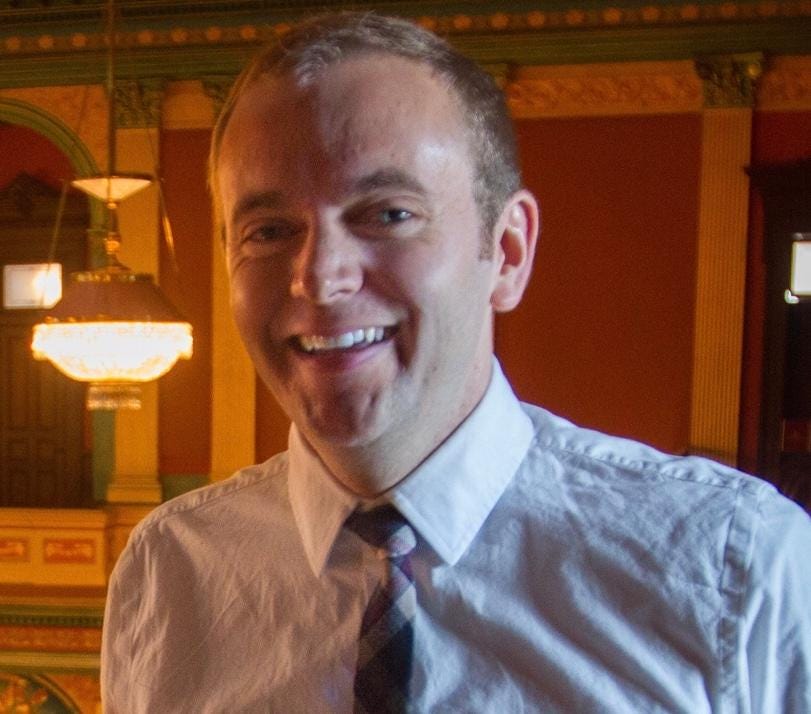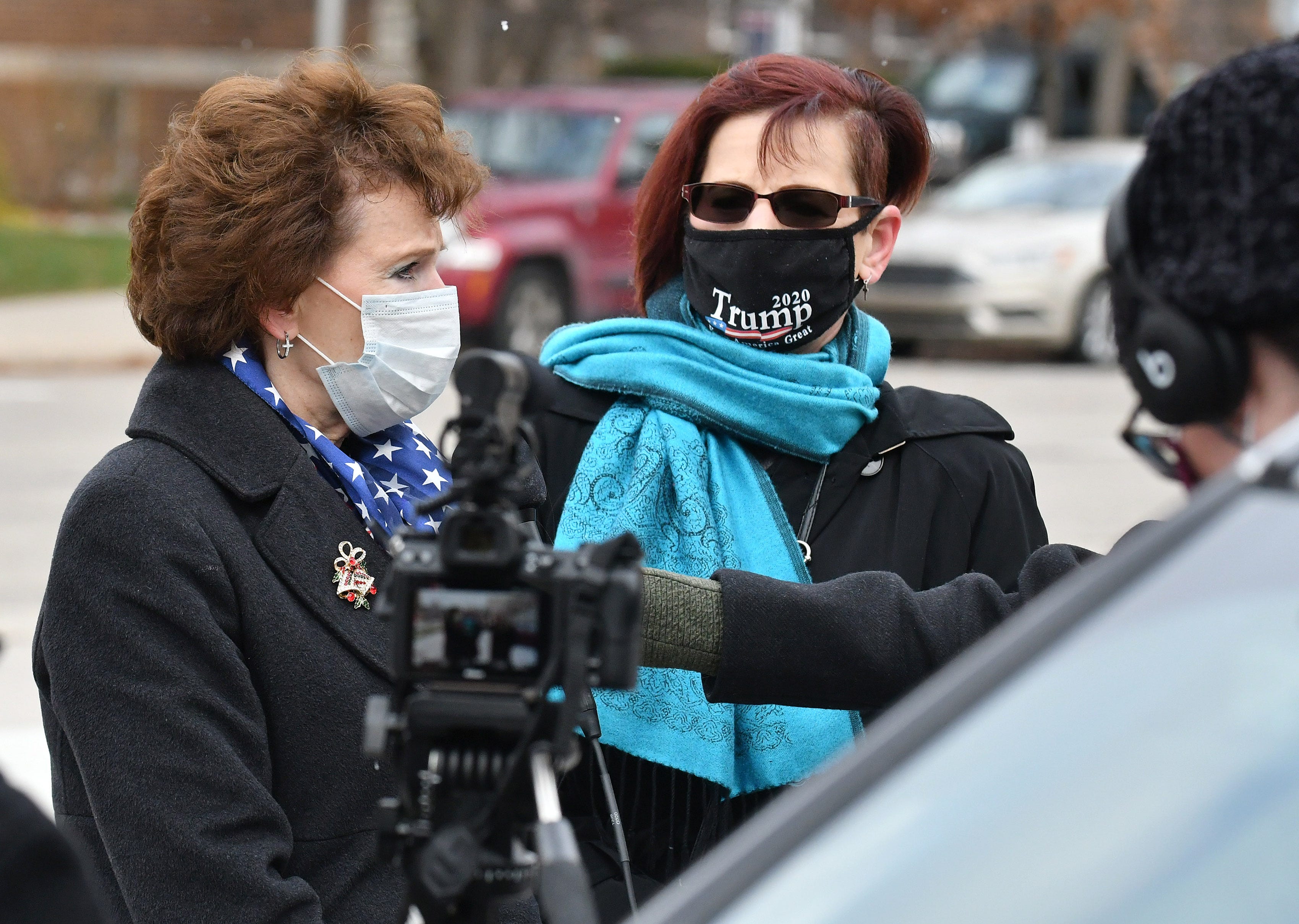Judge: Election suit involving 2 Michigan lawmakers 'flat-out wrong'
 Craig Mauger
Craig MaugerLansing — A federal judge rejected Monday a last-minute push from supporters of President Donald Trump that aimed to require legislatures in battleground states, including Michigan, to sign off on their states' election results.
Washington, D.C., District Court Judge James Boasberg said the suit, which initially featured state Reps. Matt Maddock, R-Milford Township, and Daire Rendon, R-Lake City, among its plaintiffs, "rests on a fundamental and obvious misreading of the Constitution."

The Amistad Project of the conservative nonprofit Thomas More Society backed the litigation, naming political leaders in five states that Democratic President-elect Joe Biden won as defendants. The group's attorneys contended that the U.S. Constitution required legislatures to certify presidential electors and the laws and longtime practices of battleground states violated the policy.
But Boasberg, a nominee of former President Barack Obama, denied their motion for a preliminary injunction and said their central contention was "flat-out wrong."
"Plaintiffs’ theory that all of these laws are unconstitutional and that the court should instead require state legislatures themselves to certify every presidential election lies somewhere between a willful misreading of the Constitution and fantasy," the judge wrote.
In a seven-page opinion, Boasberg blasted the individuals who were behind the suit and said courts "are not instruments through which parties engage in such gamesmanship or symbolic political gestures." He also raised the possibility of referring the matter to the court's Committee on Grievances for "potential discipline of plaintiffs’ counsel."
The Constitution allows states to appoint their presidential electors as directed by their legislatures, the judge said. Lawmakers have previously created those protocols, including in Michigan, where the electors go to the winner of the certified popular vote.
Biden won Michigan by 154,000 votes, a result that has been certified by the Board of State Canvassers. On Dec. 14, the state's presidential electors cast their official votes for the former vice president.
But for weeks, Trump supporters have pushed to discredit the results by raising unproven claims of widespread voter fraud and filing a flurry of legal challenges, which haven't altered any state's outcome.
The Amistad Project suit featured 23 plaintiffs: five organizations, 10 voters and eight state lawmakers. It targeted Pennsylvania, Wisconsin, Georgia, Arizona and Michigan.
The named Michigan defendants were Gov. Gretchen Whitmer, Senate Majority Leader Mike Shirkey, R-Clarklake, and former House Speaker Lee Chatfield, R-Levering.
Maddock and Rendon were among the listed plaintiffs when the suit was filed on Dec. 22. But that day, Maddock said he and Rendon were working to remove their names from the suit. They had allowed their names to be used, "but what was eventually filed is very different than what was initially discussed," Maddock said without providing details of what changed.
The suit also featured two Michigan voters, Debi Haas and Brenda Savage, as plaintiffs.
cmauger@detroitnews.com